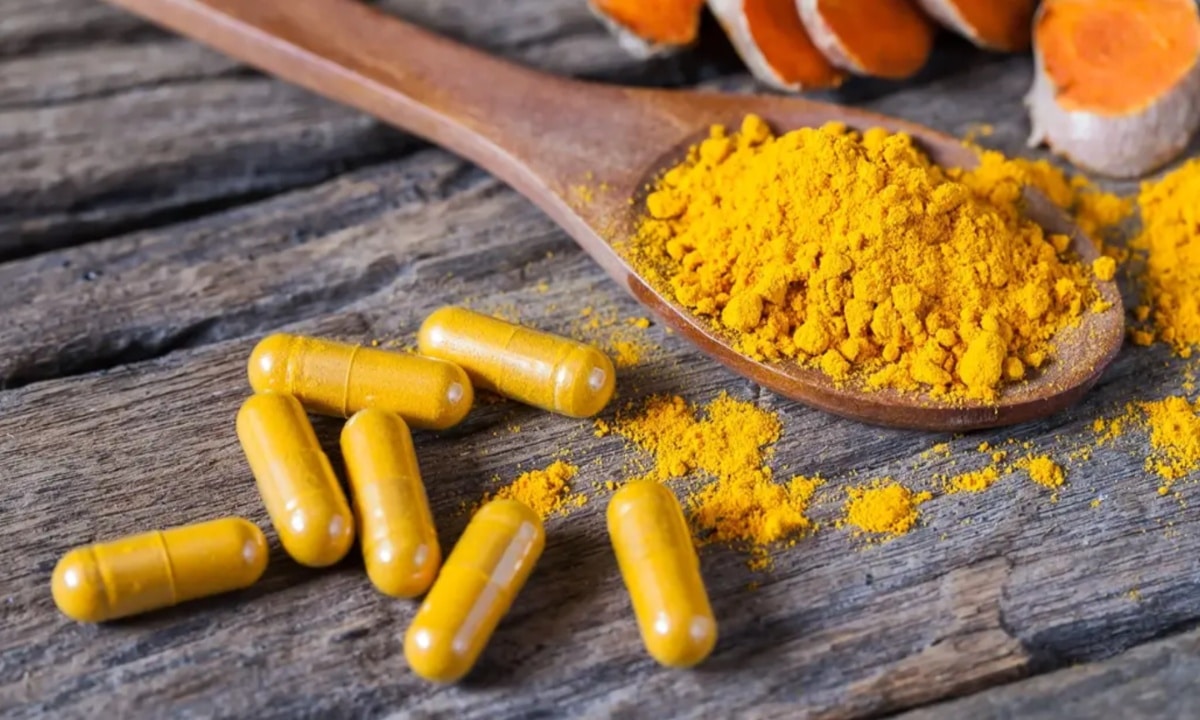A 57-year-old woman in the United States was hospitalised with dangerously high liver enzyme levels after regular intake of turmeric supplements. According to NBC News, she began the pills in March after being influenced by a social media doctor who recommended turmeric for joint pain and inflammation.
Within weeks, she developed symptoms including fatigue, nausea, and dark-coloured urine, even though she claimed to drink plenty of water daily. Doctors diagnosed her with severe liver toxicity, just one step away from liver failure that could have required a transplant. Her liver enzymes were reportedly 70 times the normal range.
The incident has reignited concerns over the unregulated use of turmeric supplements, especially those containing high concentrations of curcumin, the compound responsible for turmeric’s yellow hue and most of its medicinal properties.
Why too much turmeric can be dangerous
Turmeric in its natural dietary form is generally safe, especially in daily cooking. Experts recommend limiting intake to about 0.5 to 1 teaspoon (1.5 to 3 grams) of ground turmeric per day. This provides sufficient antioxidant and anti-inflammatory benefits without harming the liver.
However, supplements can contain 95% curcumin extract, compared to just 3% in regular turmeric, significantly increasing the risk of toxicity. While 500 to 2,000 mg of curcumin daily is considered safe, individual reactions can vary, and supplements should only be taken under medical guidance.
Who should avoid turmeric supplements?
People with existing liver conditions, such as fatty liver, alcoholic liver disease, or other liver disorders, should avoid turmeric supplements altogether. Studies have shown that excessive curcumin can trigger drug-induced liver injury (DILI), especially when taken with black pepper (which increases its absorption).
Warning signs of a stressed liver
Early signs of liver stress due to turmeric overdose include yellowing of urine, fatigue and lethargy, abdominal discomfort or heaviness, nausea or gastrointestinal distress.
If you experience any of these symptoms, experts advise seeing a liver specialist and getting your liver function tested.



